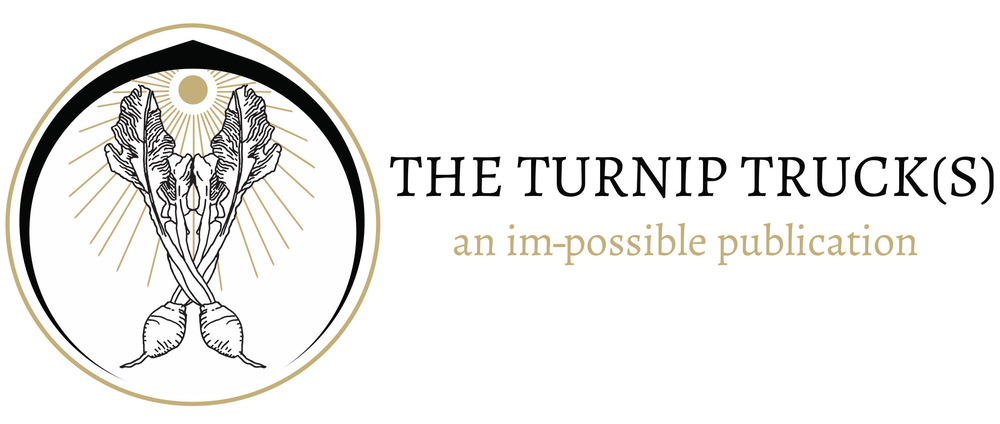It’s easy to confine belief to the religious and spiritual realms, but the placebo’s powerful effect reminds us there are sciences behind belief as well. In order to determine whether the pharmacological effects of a drug treatment are working to reduce a patient’s pain or other symptoms, clinical studies will include the administration of placebos, ranging from saline water or sugar pills, creating a control group against which the real drug can be measured. In many cases, patients in the placebo control group will report a reduction in symptoms. Doctors and psychologists agree that this result is due to the patient’s belief that the treatment will have a positive effect. Initially, it was thought that the placebo worked because its inefficacy was hidden from patients; however, recent studies show that even patients who know they are being given a placebo will still report positive effects as long as they have been told, and therefore believe, they will experience them. But it wasn’t until the 1950’s when placebos became a standard part of clinical trials to test new drugs. Whether it was due to the real drugs not being available or patients imagining that they were sick, fake drugs and even “sham surgeries” have been part of medical practice throughout history. From Latin, placebo means “I shall please,” so is it any wonder that doctors decided to use their patients’ powers of belief to cure them?
